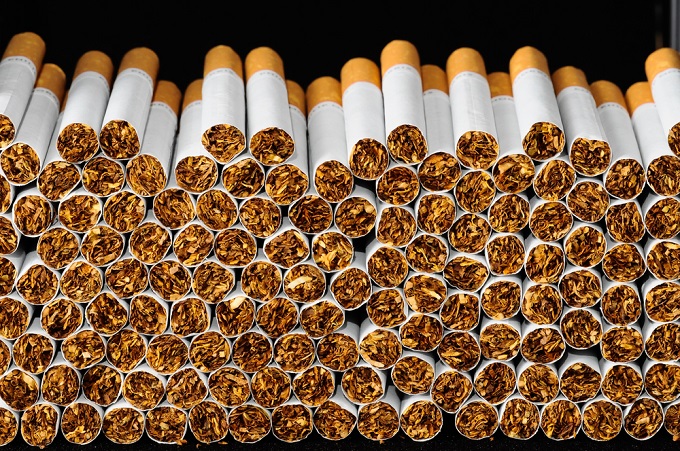Pakistan is reeling from a staggering loss of Rs. 240 billion annually due to rampant tax evasion by illicit cigarette traders, according to a comprehensive report published by IPSOS, a globally renowned market research company. The study, which involved a survey of 1000 shops across ten major districts, sheds light on the prevalence of locally manufactured tax-evaded brands and smuggled cigarettes, illuminating the dire consequences for the country’s economy.
Pakistan is facing a significant economic setback caused by rampant tax evasion in the cigarette market, resulting in an annual loss of Rs. 240 billion. IPSOS, a respected market research company, has published a comprehensive report revealing the extent of tax evasion by illicit cigarette traders. The study, which surveyed 1000 shops across ten major districts, highlights the prevalence of locally manufactured tax-evaded brands and smuggled cigarettes, bringing attention to the severe consequences for Pakistan’s economy.
The research was conducted in response to a substantial increase in Federal Excise duty earlier this year, implemented as part of the Finance Supplementary Act. The goal was to generate additional revenue and fulfill IMF conditions, resulting in a remarkable surge of 154% in tier one and 146% in tier two excise rates. Unfortunately, this drastic measure unintentionally triggered a chain reaction, propelling the illicit cigarette market to new heights and undermining the government’s efforts to enforce tax compliance.
The IPSOS report uncovers a multitude of violations committed by locally manufactured tax-evaded brands and smuggled cigarettes. These illicit products fail to meet the stipulated requirements set by the Government of Pakistan, such as the inclusion of Graphic Health Warnings, underage warnings, retail prices, and manufacturer’s names. Moreover, they disregard the brand licensing regime of the Federal Board of Revenue (FBR) and lack the mandated track and trace stamp, constituting clear violations of the Federal Excise Act and the Sales Tax Act.
Disturbingly, the findings reveal that legal cigarette brands now hold only 52% of the overall market share, with Pakistan Tobacco Company (PTC) accounting for 40% and Philip Morris International (PMI) capturing 12%. Illicit cigarette brands dominate the remaining 48% of the market, with locally manufactured tax-evaded brands accounting for 38% and smuggled brands making up 10% of the illegal market. Notably, the report highlights that over 83% of the sampled brands were found to be sold without the government-mandated Track and Trace stamp, exacerbating the issue of tax evasion. Furthermore, more than two-thirds of cigarette brands are being sold below the government’s Minimum Legal Price (MLP), indicating a failure of authorities to effectively enforce tax laws. The survey exposes vast price disparities among legally taxed brands, locally manufactured tax-evaded brands, and smuggled brands, with the latter two being sold at significantly lower prices, flagrantly disregarding the MLP of PKR 127.4.
As a consequence of the recent excise increase, the legitimate industry experienced a significant decline in market share by over 10%, as consumers resorted to downtrading due to the availability of cheaper illicit brands. Consequently, the illicit market share surged by 33%, soaring from 36% in 2022 to an alarming 48% in 2023. The IPSOS report also highlights the alarming inability of law enforcement agencies to effectively control the production, smuggling, and sale of illegal tobacco products. An estimated 2 billion cigarette packs, equivalent to 48% of the total tobacco sector’s.





Thank you for explaining this to me. I’m delighted to discover this excellent article.
Thank you for your sharing, it’s good that I read your article